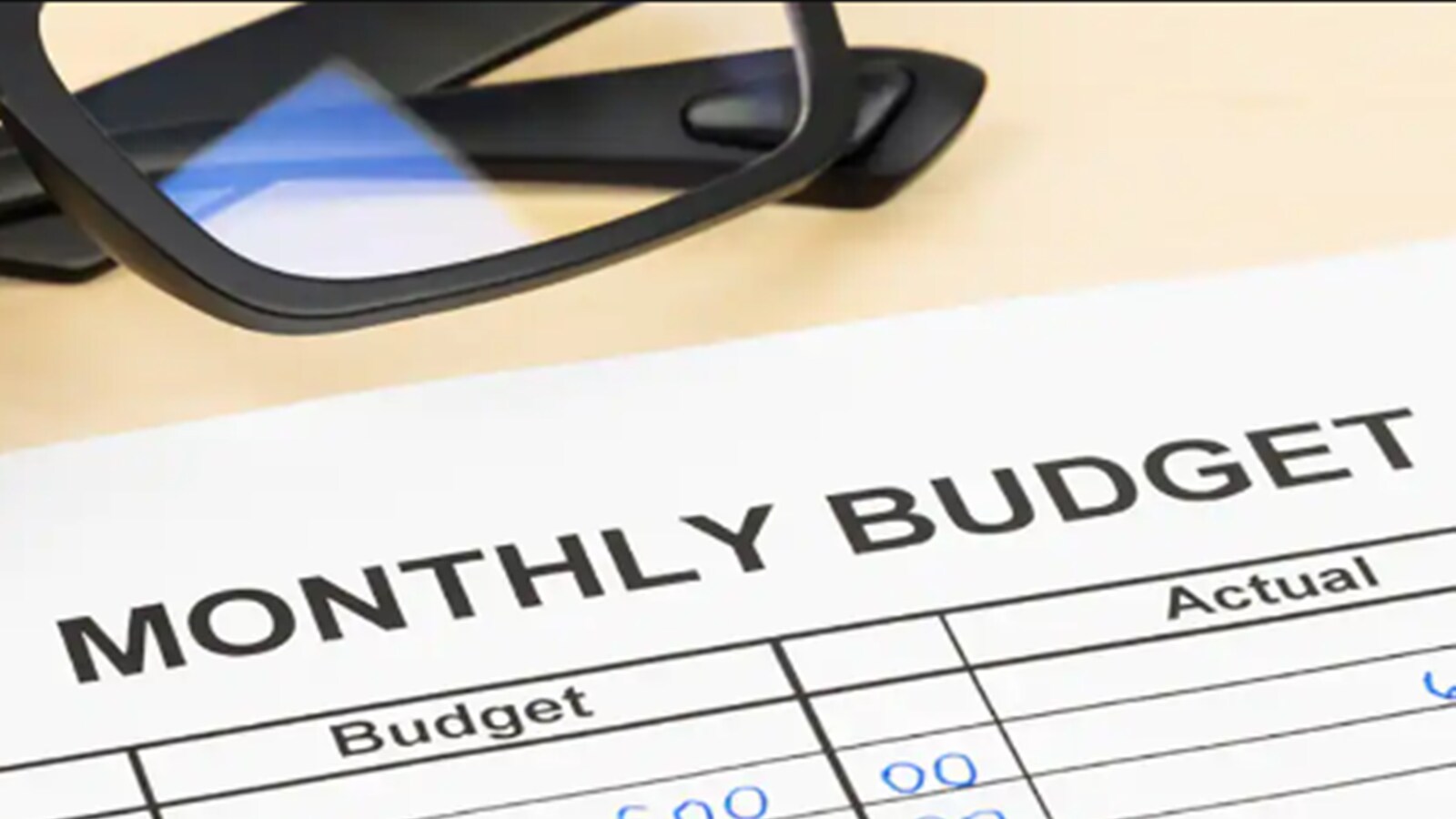Struggling To Manage Expenses? Here’s How To Create A Practical Monthly Home Budget

A budget helps a person to create a stronger financial sense for both the day-to-day and the long-term perspective.
By tracking expenses and following a plan, a budget makes it easier to pay bills on time and save for major expenses.
Creating a monthly budget for your home is an important step in managing your finances and ensuring that you can afford all of your expenses.
Budget planning needs to be done on the basis of your income, expenses and savings.
By tracking expenses and following a plan, a budget makes it easier to pay bills on time, build an emergency fund, and save for major expenses such as buying a car or investing in a home.
Overall, a budget helps a person to create a stronger financial sense for both the day-to-day and the long-term.
1. The first step in creating a monthly budget for your home is to determine your income. This includes your salary or wages, as well as any other sources of income you may have, such as rental income or investment returns.
2. Make a list of all of your monthly expenses, like food, transportation, and any other household expenses. Be as detailed as possible when listing your expenses to ensure that you don’t miss anything.
3. Once you have a list of all of your expenses, categorise them into fixed expenses (those that don’t change from month to month, like your mortgage payment) and variable expenses (those that vary from month to month, like your utility bill or grocery expenses).
4. After you have identified your fixed and variable expenses, determine your discretionary spending. These are the expenses that are not necessary for your basic needs but may include entertainment, dining out, and other non-essential expenses.
5. Review your expenses and set limits for each category. This will help you stay on track and prevent overspending in any one area.
6. If you find that your expenses are higher than your income, you may need to make adjustments to your budget.
This may mean cutting back on discretionary spending, finding ways to reduce your fixed expenses, or increasing your income.
7. It’s important to review and adjust your budget regularly to ensure that you are staying on track and to make changes as your income or expenses change.
The latest Union Bank of India’s Budget Planning edition, also suggested simple steps to create a practical home budget.
Following the 50:30:20 can help to manage the budget.
It suggests 50% to be spent on the needs, 30% on the wants like travel, car etc. and 20% on savings.
It suggests to;
- Make a plan
- Review your budget regularly
- Adjust your spending to stay on budget
- Calculate your net income
- Track your spending
- Set realistic goals
It also suggested a few budget planning tips for children, that parents can utilise to make them financially aware and responsible.
- Involve them in your budget planning
- Give them small amounts to spend and keep accounts for
- Help them to keep a small book of accounts
- Review the budget and help them to sharpen their process
Also Read: Retirement Planning: 10 Tips For Gen Zs To Secure Their Future
Read all the Latest Business News here
For all the latest business News Click Here


